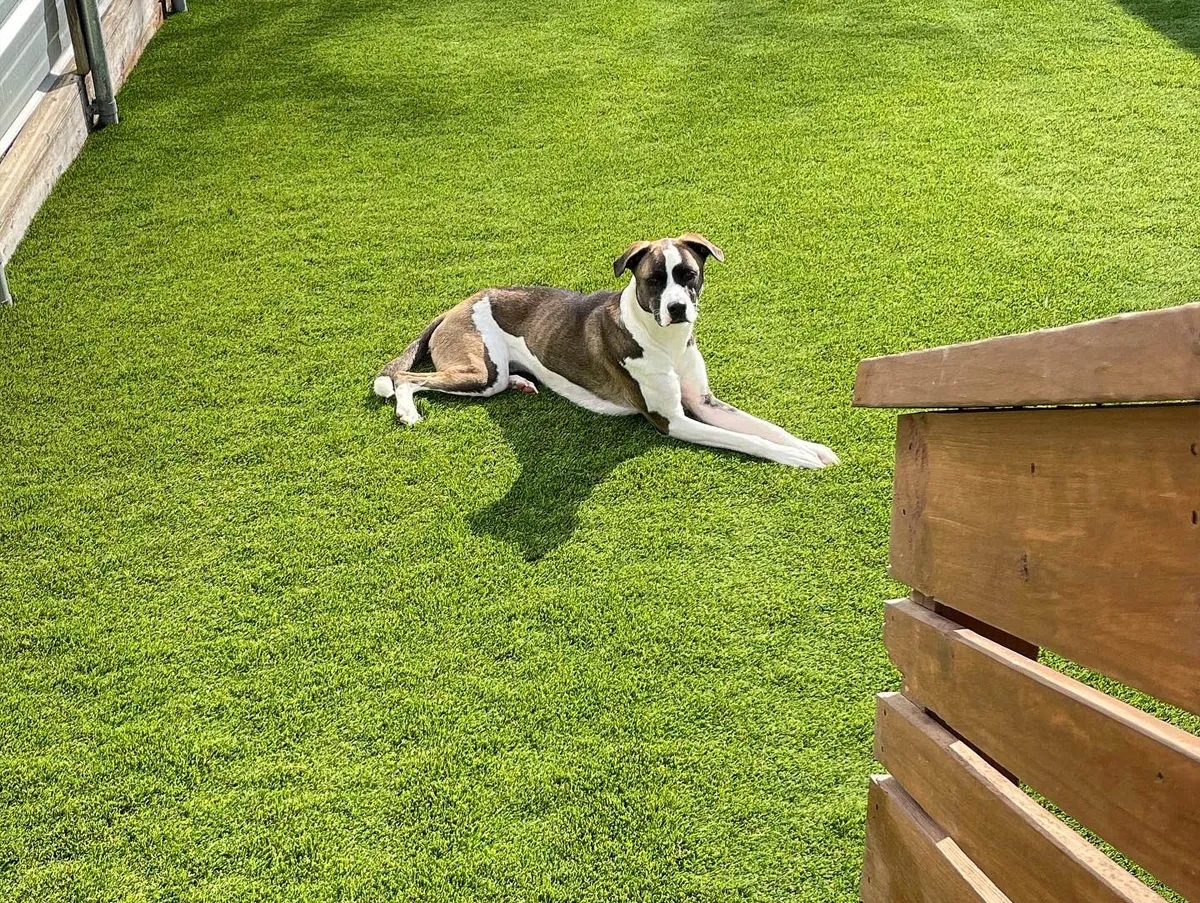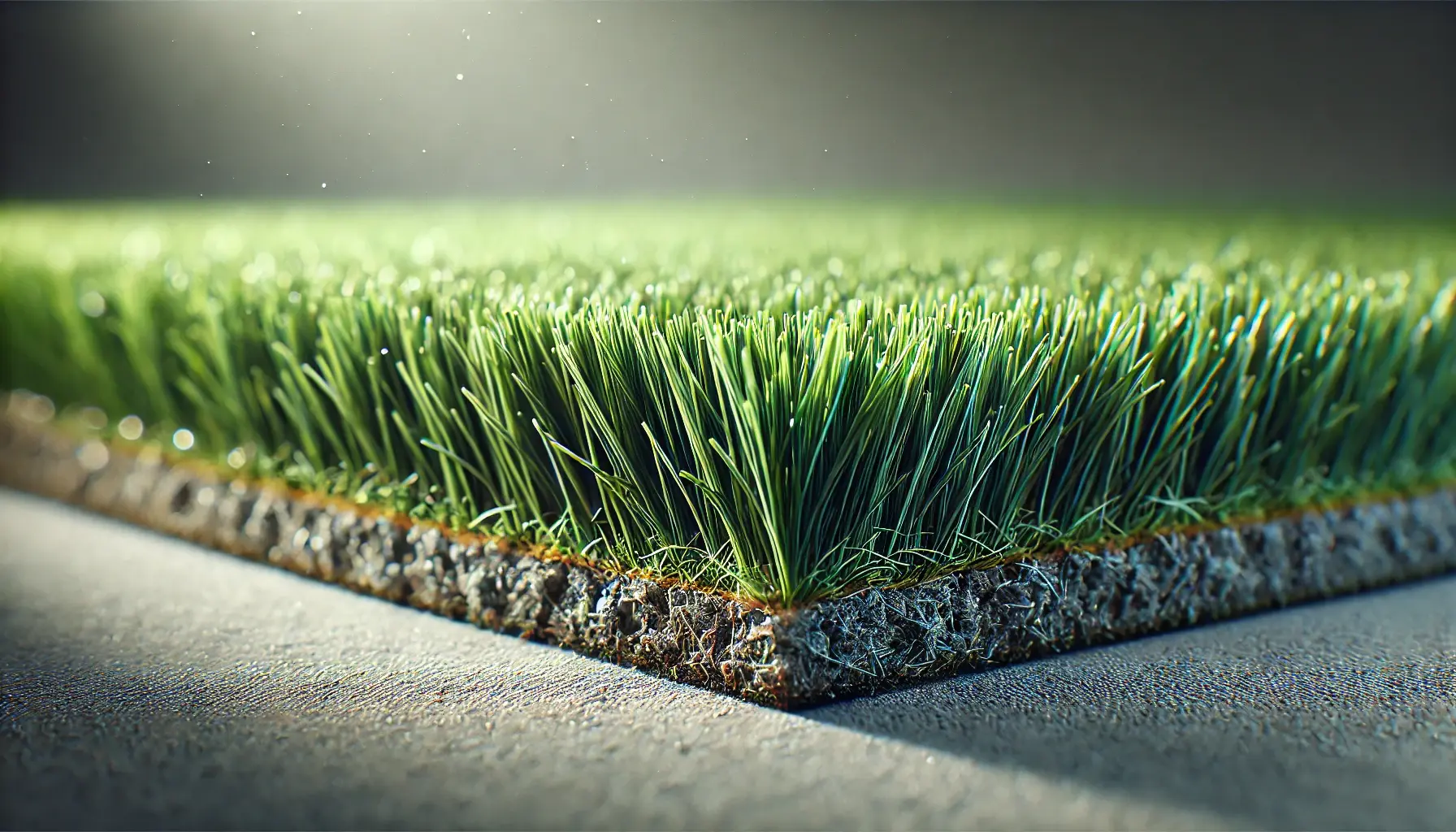Upgrade Your Yard with Expert Turf Installation Phoenix AZ Solutions
Upgrade Your Yard with Expert Turf Installation Phoenix AZ Solutions
Blog Article
Explore the Environmental Advantages of Opting for Artificial Turf Solutions
The adoption of synthetic grass remedies provides a compelling chance to deal with pressing ecological difficulties. By substantially minimizing water usage and minimizing the application of hazardous chemicals, these alternatives not only advertise lasting landscape design but also safeguard regional ecological communities. In addition, the reduced carbon impact connected with reduced upkeep tasks contributes to an extra sustainable strategy to land administration. The effects of these advantages extend past simple preservation initiatives, raising concerns about their long-lasting effect on habitat conservation and overall environmental equilibrium. Exploring these measurements discloses a complex interplay worth thinking about.
Water Preservation Conveniences
Among one of the most significant advantages of man-made lawn is its capacity to preserve water. Typical turf lawns require substantial irrigation, particularly in areas susceptible to drought or water restrictions. On the other hand, man-made grass does not need watering, considerably minimizing the total need for water sources. This function is particularly helpful in dry areas where water shortage is a pressing concern.
By eliminating the demand for routine watering, synthetic grass adds to sustainable landscape methods and helps mitigate the environmental influence of excessive water intake. Additionally, the conservation of water reaches the reduction of drainage, which can lead to soil erosion and waterway pollution.
Additionally, the setup of synthetic grass enables districts and property owners to designate water sources more effectively, concentrating on necessary usages such as drinking water and agriculture. The change towards synthetic grass not only promotes accountable water use but likewise lines up with more comprehensive ecological goals aimed at protecting all-natural sources.
As neighborhoods progressively prioritize sustainability, the water preservation advantages of synthetic grass offer an engaging case for its adoption in industrial and household landscaping jobs.
Decreased Chemical Usage
The shift to fabricated turf considerably reduces the dependence on chemical therapies commonly used in all-natural yard maintenance. Conventional grass management usually entails the application of herbicides, fertilizers, and pesticides to advertise growth and control insects. These chemicals can pose dangers to human health and wellness, regional wildlife, and the environment, adding to dirt and water contamination.
On the other hand, synthetic grass gets rid of the need for these hazardous substances. As soon as mounted, it needs minimal upkeep, mostly consisting of regular cleansing and infrequent infill replenishment. This decrease in chemical usage not only profits the immediate setting however likewise adds to wider eco-friendly security. By minimizing the launch of synthetic substances into the community, man-made lawn promotes much healthier dirt and water supply.
In addition, the lack of chemical drainage connected with synthetic grass installations assists secure local waterways from air pollution, supporting aquatic life and keeping biodiversity. Turf installation phoenix az. As neighborhoods significantly focus on sustainable methods, opting for synthetic lawn offers a practical remedy that straightens with environmental conservation objectives. Through this shift, property owners can take pleasure in lavish green areas without jeopardizing eco-friendly health, paving the method for a much more lasting future
Lower Carbon Impact

In addition, the setup of fabricated turf can lead to considerable water preservation. Natural lawns need significant amounts of water for watering, which not only adds to the carbon footprint associated with water extraction and treatment however additionally pressures local water resources. On the other hand, synthetic grass needs minimal maintenance, needing no watering, therefore significantly minimizing water use and its linked energy prices.
In addition, the long life of synthetic grass contributes to its reduced carbon impact. With a life-span of up to 15 years or even more, the demand for constant substitutes is diminished, leading to less waste and lower power intake in manufacturing and taking care of typical yard choices. Generally, man-made lawn provides a sustainable option for eco conscious landscaping.
Habitat Conservation
Environment preservation is a crucial factor to consider in the dispute over landscaping choices, specifically when comparing fabricated lawn to natural grass. All-natural turf yards usually need comprehensive maintenance, consisting of making use of plant foods, pesticides, and herbicides, which can adversely influence local ecosystems. These chemicals can seep right into the dirt and waterways, hurting native plants and animals and disrupting neighborhood habitats.
Man-made lawn removes the demand for harmful chemicals, consequently shielding neighboring wild animals and keeping the honesty of surrounding communities. The setup of man-made grass can lead to the conversion of former lawn locations right into more biodiverse landscapes, such as pollinator gardens or native plant locations, which can support local wildlife.
Inevitably, the change to synthetic grass not only preserves water and lowers maintenance efforts yet likewise promotes a more unified partnership between human activities and the natural surroundings, promoting habitat conservation in the procedure.
Long-Term Sustainability
Long-lasting sustainability is a vital consider assessing the advantages of fabricated discover here lawn over traditional yard yards. One of one of the most significant advantages of synthetic grass is its longevity; it can last approximately 15-20 years with very little upkeep, whereas natural grass calls for regular reseeding and substitute. This durability reduces the demand for continuous resources, such as water, plant foods, and pesticides, which are crucial for keeping a healthy yard lawn.
In addition, man-made turf adds to a reduction in carbon exhausts associated with grass treatment tools. Standard yards frequently need gas-powered lawn mowers, leaners, and blowers, every one of which add to air pollution. Arizona turf. In comparison, synthetic grass eliminates the requirement for such tools, promoting a cleaner setting
Furthermore, the manufacturing of artificial grass increasingly utilizes recycled products, enhancing its sustainability profile. As makers adopt green practices, the environmental impact of artificial grass remains to lessen.

Verdict
The adoption of synthetic grass options offers considerable environmental benefits, including significant water conservation, reduced reliance on hazardous chemicals, and a reduced carbon footprint. In addition, synthetic lawn aids in maintaining natural environments by reducing land disruption Bonuses and promoting long-lasting sustainability through using durable materials. Jointly, these elements highlight the possibility of synthetic grass to add positively to environmental wellness and offer a sensible alternative to typical landscaping practices in a progressively resource-conscious globe.
In comparison, synthetic grass does not require watering, significantly decreasing the general need for water sources. By minimizing the release of synthetic compounds into the ecosystem, artificial turf promotes much healthier soil and water systems.
In addition, the installation of synthetic turf can result in substantial water conservation. In contrast, synthetic grass requires marginal upkeep, calling for no watering, therefore significantly minimizing water use and its linked power prices.

Report this page